Since its inception, the Center for Peace and Development has committed to engaging Ugandan grassroots organizations in meaningful partnership. At the core of this commitment is an ethic of co-creation of goals and programs based on the priorities of Ugandan partners. These partners have been doing the hard work of local community development and advocacy for years and the partnership with CPD is aimed at advancing their goals. This collaboration has led to a number of projects summarized here.
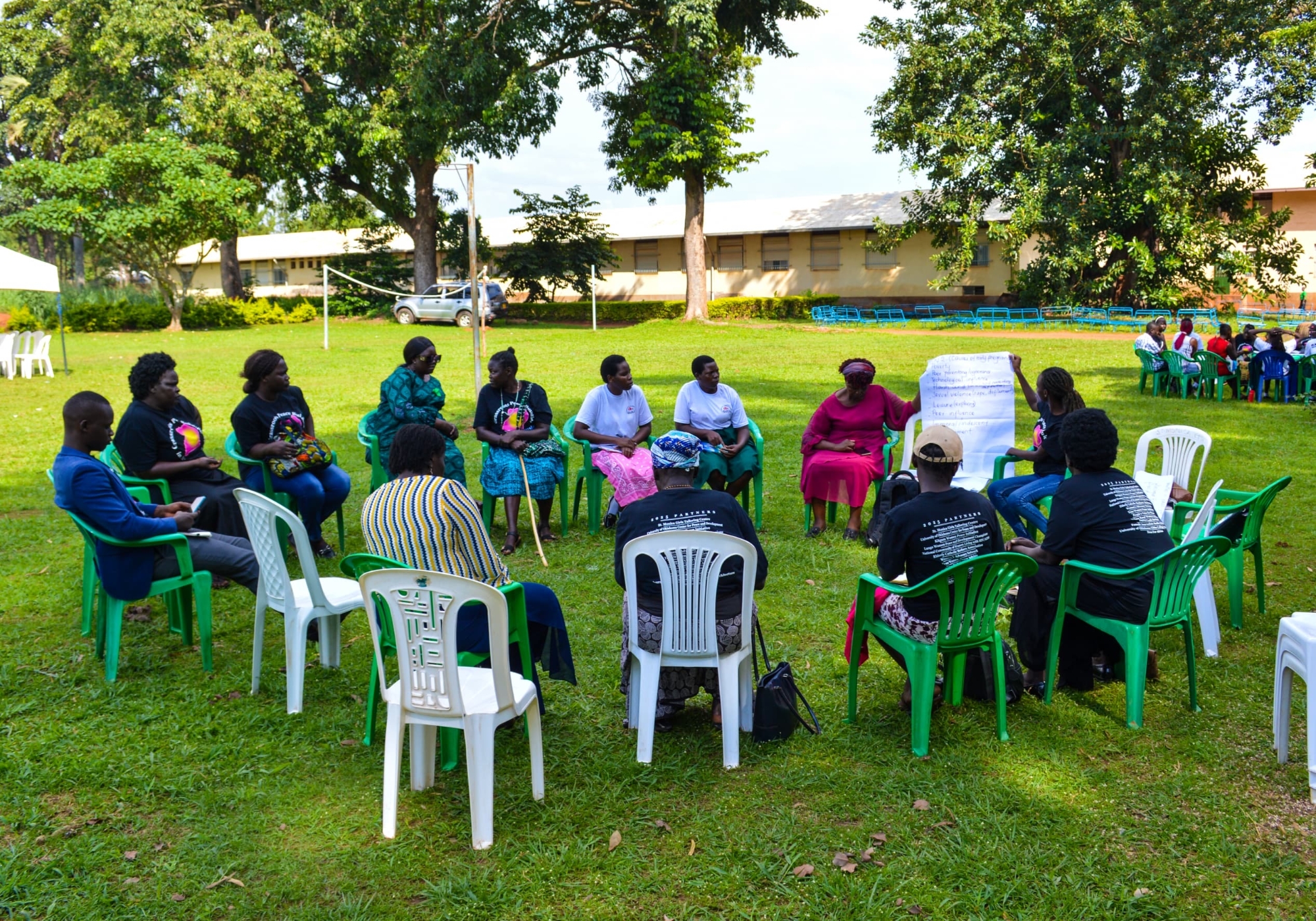
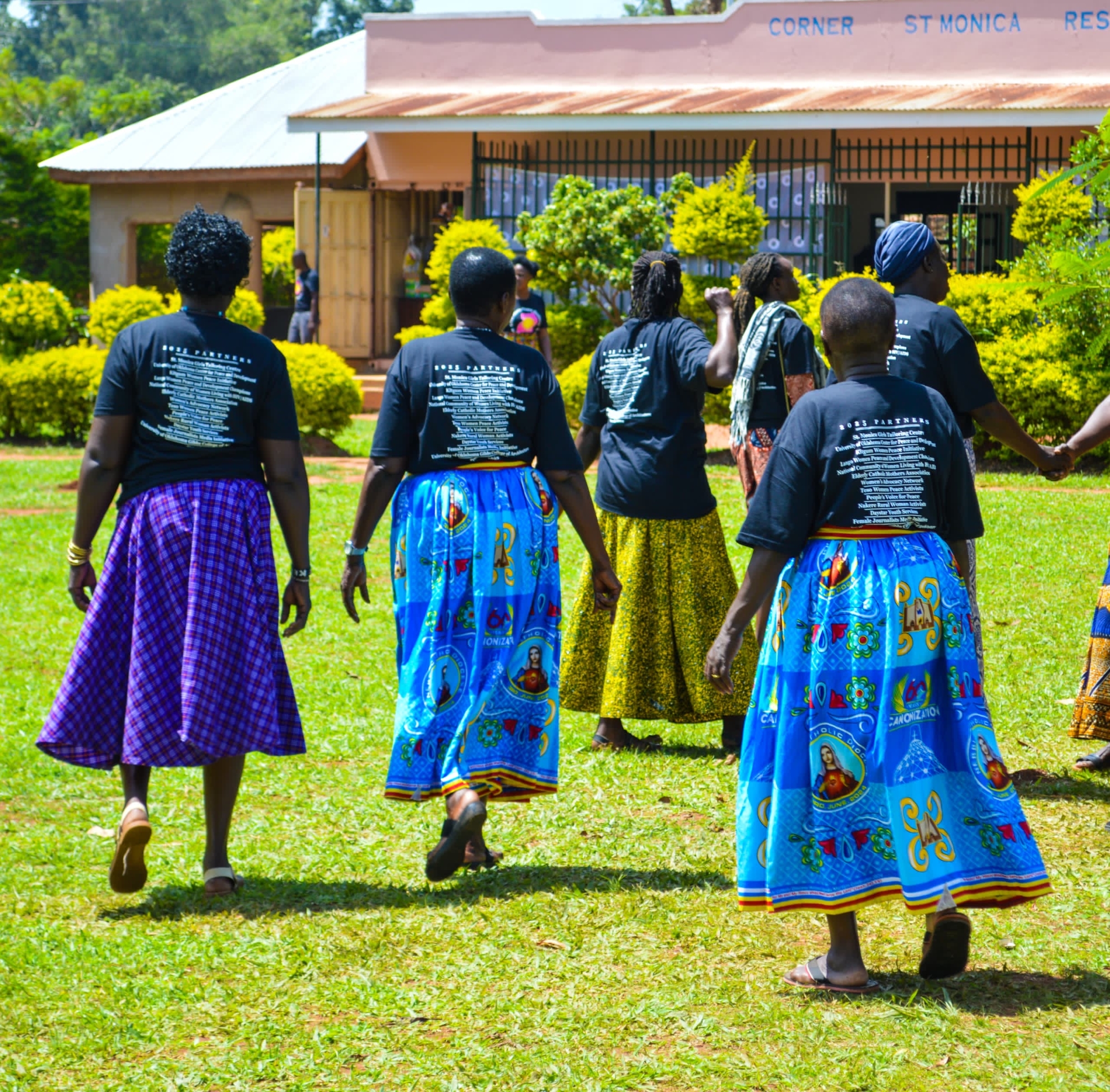
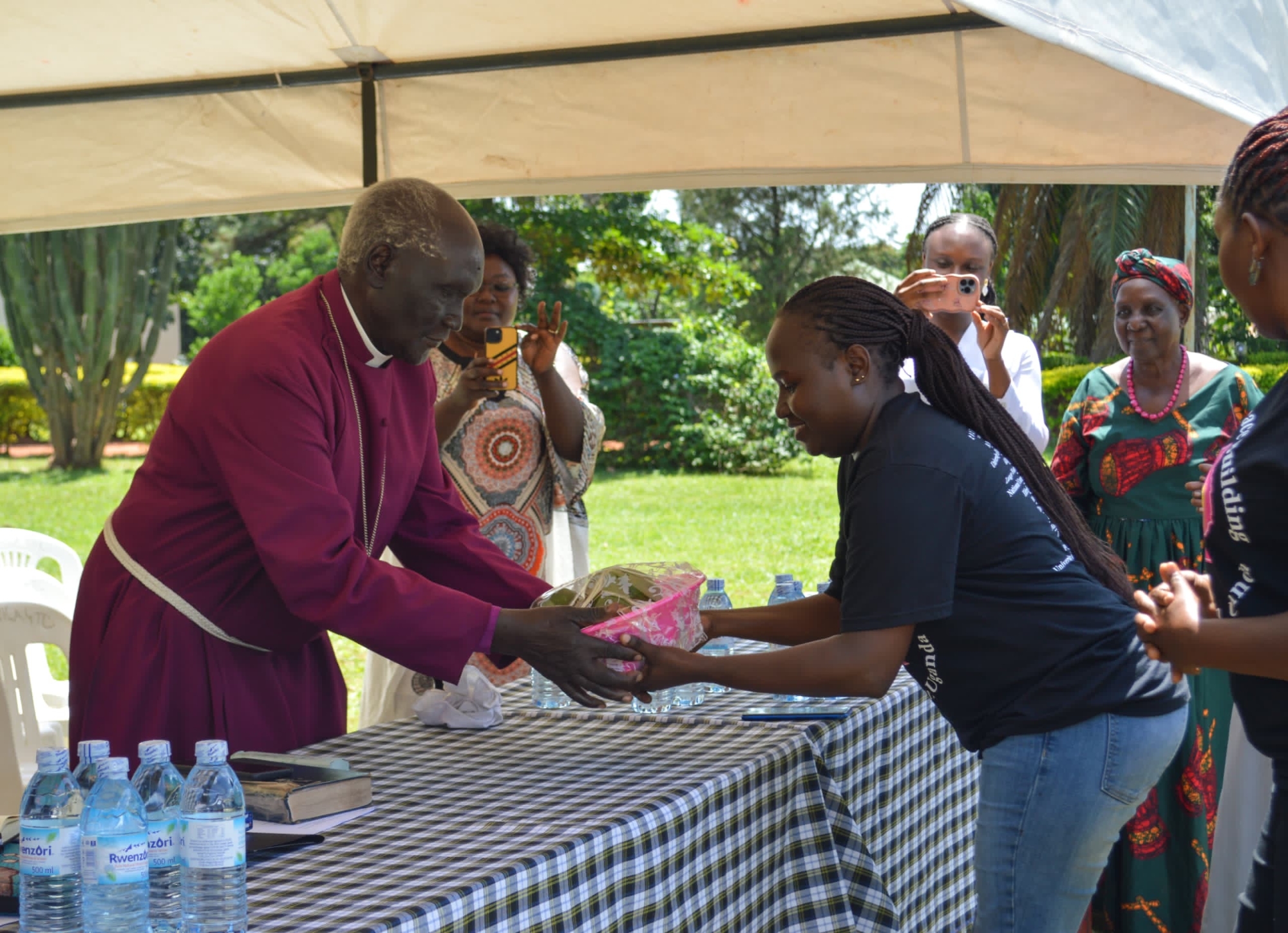
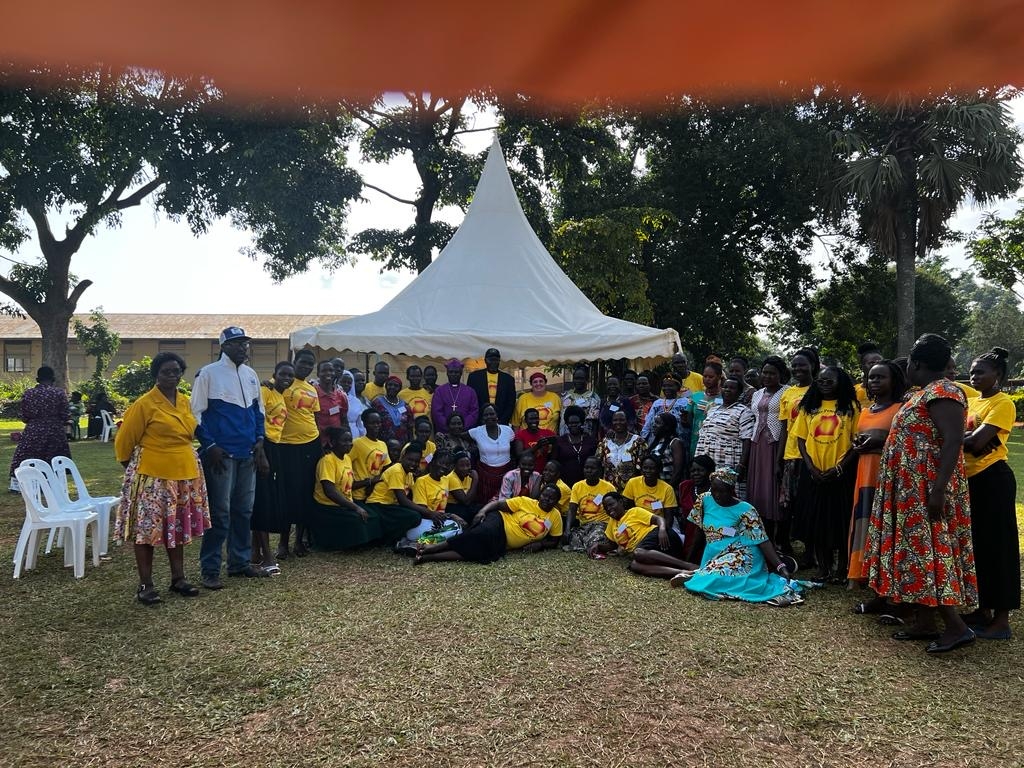
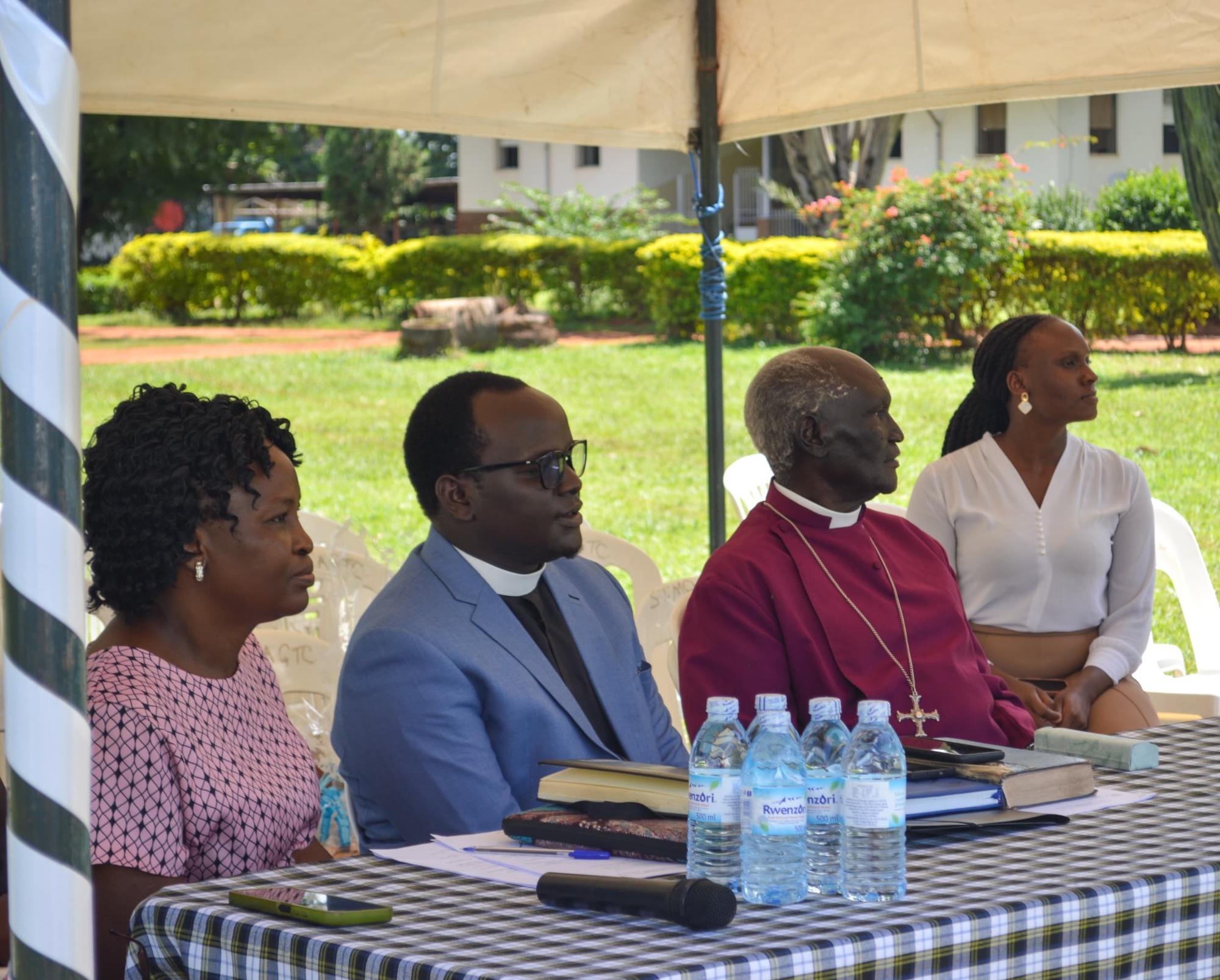
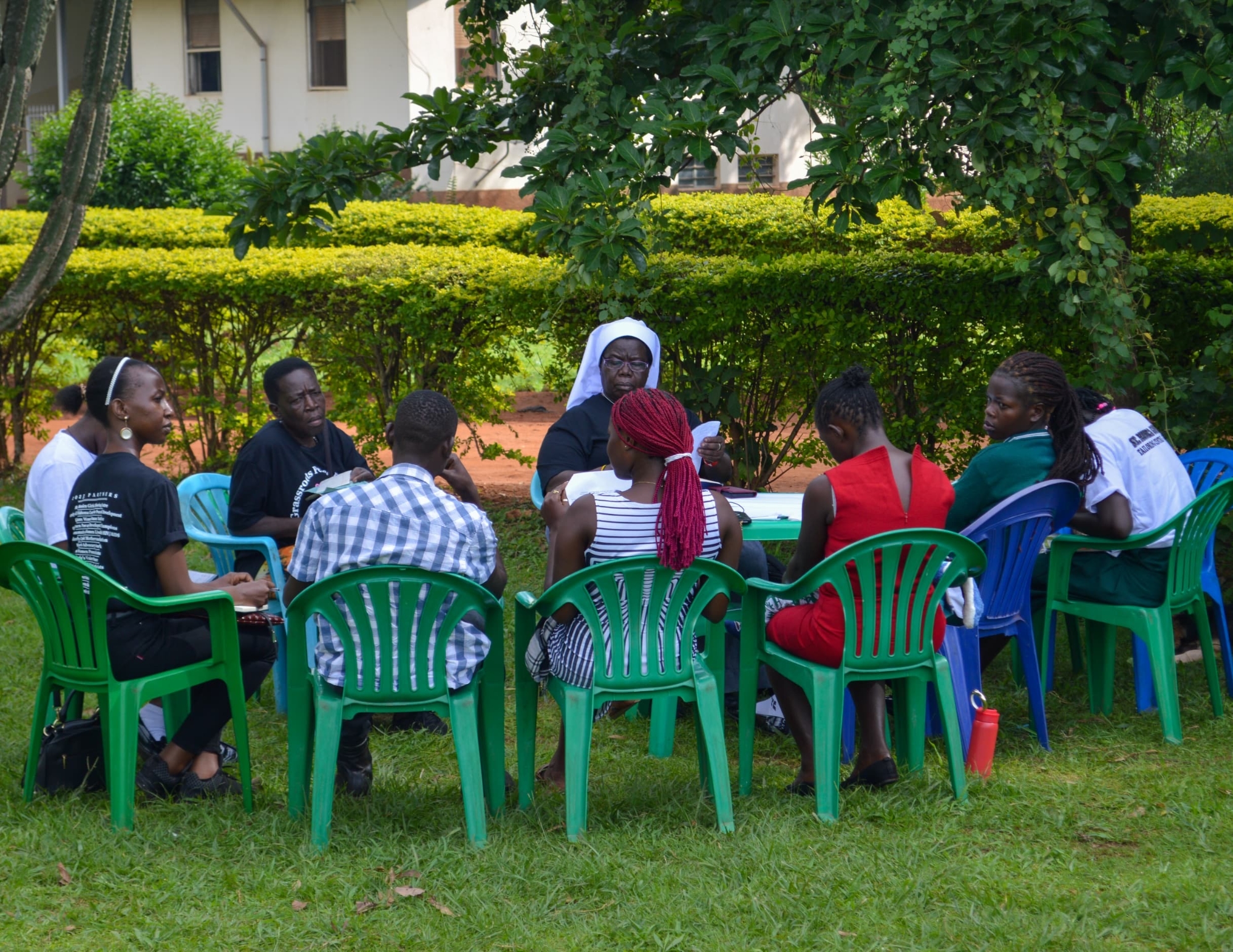
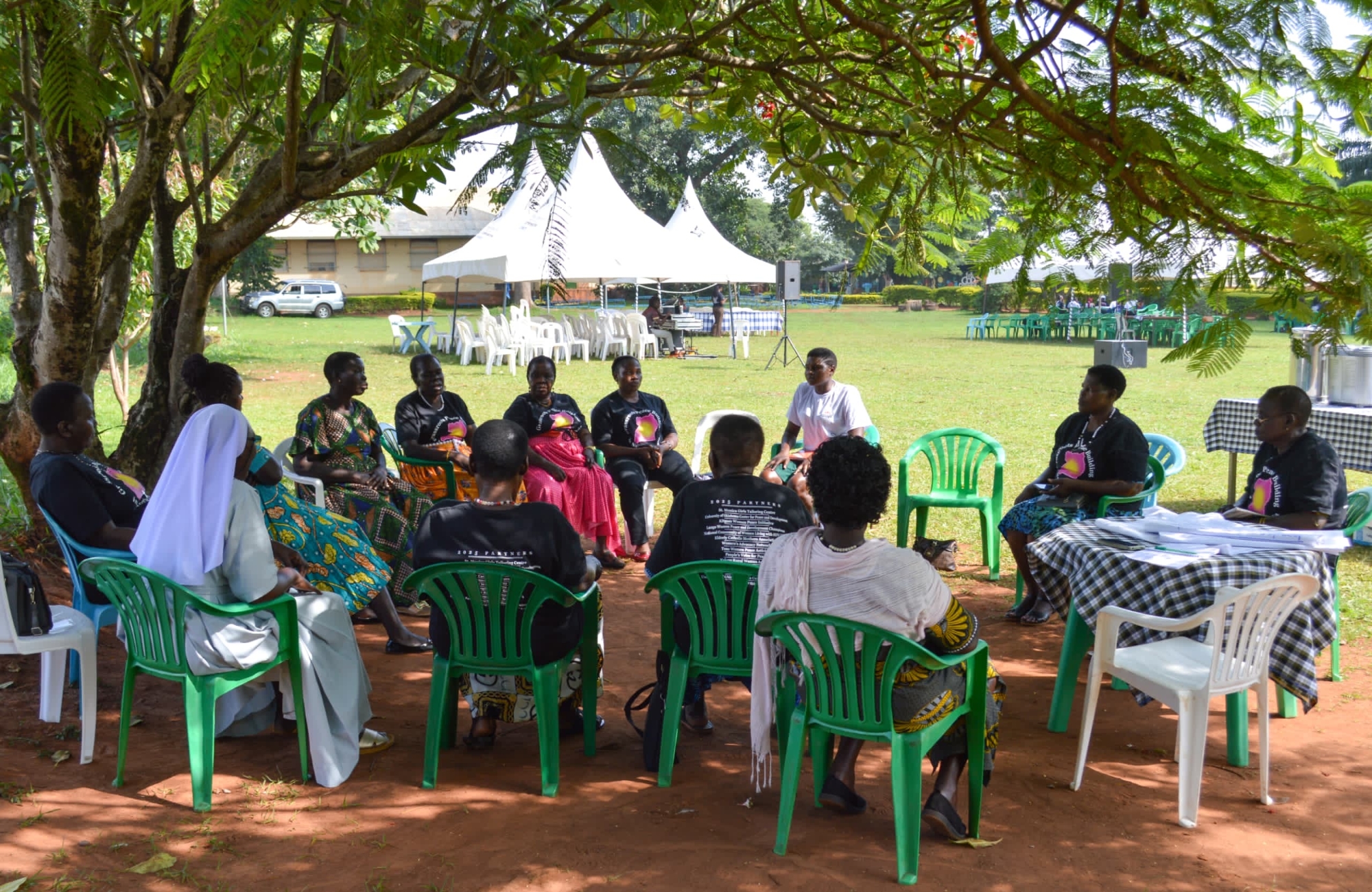
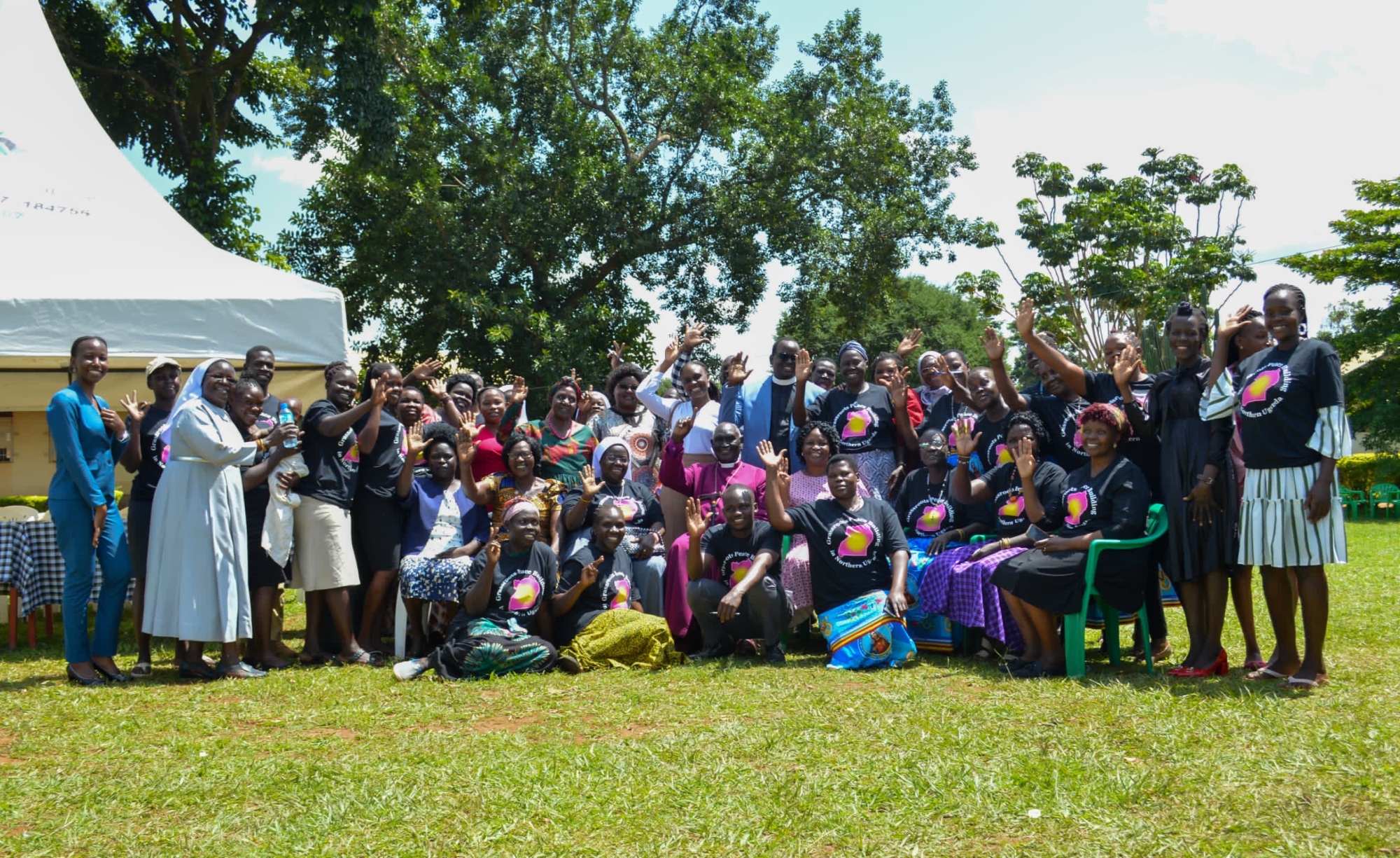
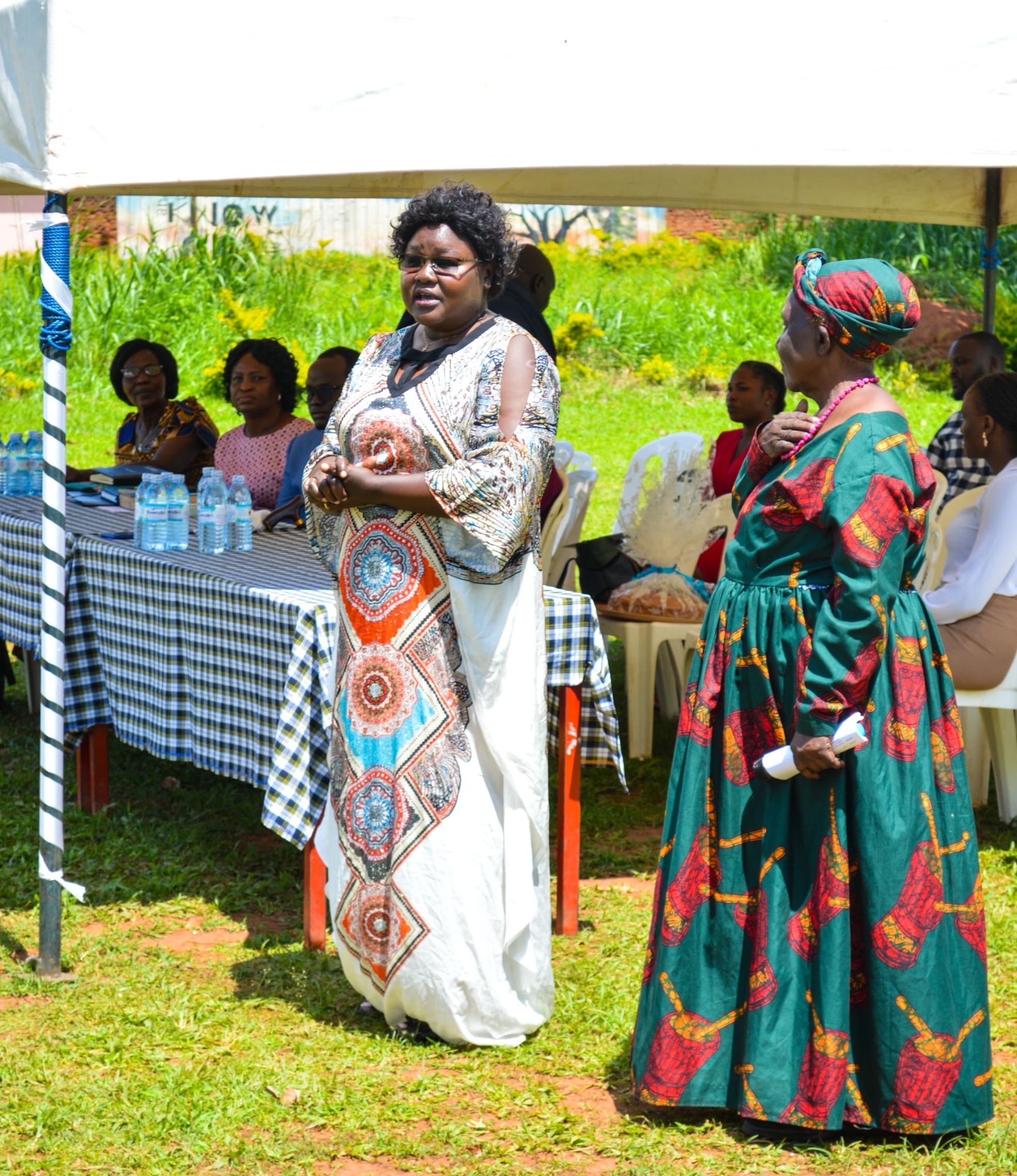
The St. Monica’s School of Basic Learning was established at St. Monica’s Vocational School, in St. Monica, Uganda as a collaboration between St. Monica’s and The Jeannine Rainbolt College of Education. It is an adult basic education program in operation since 2016. Its goals is to offer customizable education experiences for women who had their own educations interrupted by war, conflict, or any other reasons. The school uses a curriculum developed using the Ugandan school curriculum combined with deep reflection on women’s everyday experiences. Based on the goals of individual adult learners, the school teaches literacy in Acholi and English, numeracy, and English oral language. The school prepares women to be self-sufficient in their daily lives as well as preparing interested women to continue education into secondary school. The school is an afternoon school meeting during school term times and is located on the St. Monica’s Vocational School campus in Gulu and the Sewing Hope Primary School campus in Atiak.
In 2017, Sr. Rosemary Nyirumbe’s observed that communities in northern Uganda frequently gather to discuss conflict and peacebuilding in their communities. However, the voices, interests, and work of women are often muted in those gatherings. As a result, the annual Women’s Grassroots Peacebuilding Conference was initiated in 2018. Each year CPD partners with a consortium of grassroots women’s organization in northern Uganda gather representatives of local organizations from around the region to discuss important themes and learn from one another. A key component of the conference is the production of work plans aimed at collective action for local change.
Download Conference Overview 2022
Download Conference Overview 2023
As part of the ongoing dialogue between CPD and its grassroots partners, it became apparent that Ugandan grassroots organizations have data needs about themselves. The organizations wanted to know more about their own members, their personal experiences, and priorities for program development and advocacy. In 2019, CPD worked at the request of four Ugandan grassroots organizations to survey their membership. These organizations include Kitgum Women Peace Initiative, Lango Women’s Peace and Development Champions, Women’s Advocacy Network, and People’s Voice for Peace. The data was compiled into a report, which is used by the grassroots organizations better create programming for their members and is being used in their grant writing efforts.
In 2017, members of the Women’s Advocacy Network, made up of local groups of war-affected women, worked with CPD to conduct a “Photovoice” project. Photovoice is a method that combines the power of photography with critical group reflection to interrogate everyday aspects of life. Each WAN researcher created individual photos intended to show elements of daily life, including both life-giving aspects, but also significant challenges. After the individual photography, the researchers used the photos to teach each other about their own perspectives and to discuss common themes and desires for change in northern Uganda. An exhibit was created that presents photos from each participant along with her personal statement. The goals of the both the project and this exhibit are twofold. First, the photographs are meant to teach the viewer about the participants’ lives, their concerns, and their desires for change. Second, the project is intended as an opportunity for the participants to reflect on their priorities and WAN’s activities aimed at improving conditions for women in post-conflict northern Uganda.